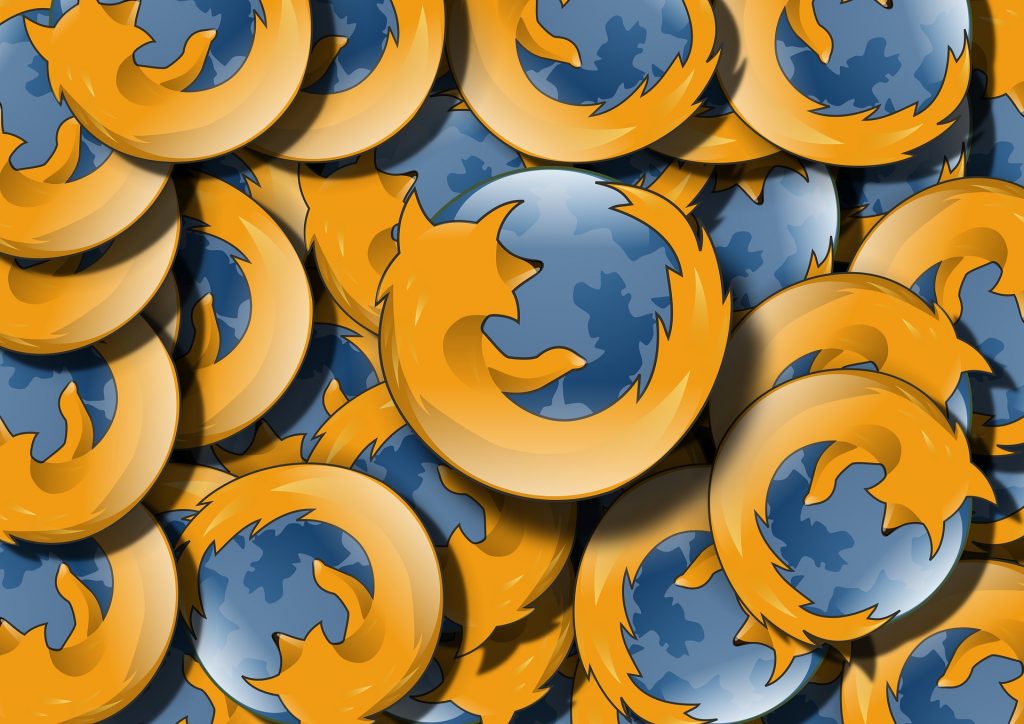When the Internet first came into the scene in late 1987 in front of the general public. Not many people were aware of its possibilities to spread across the world providing connectivity to billions of people. It was still a new concept waiting to find relevance and meaning in the world. However, within a few decades, the tables have turned in the favour of the Internet. Bringing the Internet to the four corners of the world is the foremost priority for everyone now.
Today people take the fast speed of Internet for granted. Seldom do they realise that it is still far from reality as of now. High-speed Internet is still a goal to achieve and it is not in the hands of the select few alone. Therefore, Mozilla Foundation along with the National Science Foundation has announced a $2 million prize money for coming up with an idea to decentralise the Internet. Moreover making it accessible to the rural areas and disaster-prone places across the globe. The main idea is to increase the speed and reliable connectivity. Decentralising of the Internet will increase its connectivity and speed for those who are in need.
The mission is to provide uninterrupted Internet connectivity even after a major catastrophe has taken place. Usually, after an earthquake or similar event, the networks go down. This reduces the effectiveness of rescue operations limiting the reach of people to the authority for help. With this project, Mozilla is hoping to find a stable and solid solution to such a crisis.
Mozilla states in a blog post that, a lack of Internet is far more disadvantageous than a mere nuisance. Without the access to the Internet, there is a standstill in the economy. Moreover, affecting the education and other crucial government services. In the day and age of instant messaging, poor connectivity leaves a human being out of touch. He or she cannot make contact with their family or friends.
Mozilla asserted that a minimum of 10 percent of the US population doesn’t have high-speed Internet. If put in simple figures then it is around 35 million people. Moreover, that same number rises to 39 percent in rural areas and tops out at 41 percent in Tribal lands.

This is where the decentralisation of Internet can really improve the conditions. Furthermore, it is not a new concept and many are trying to implement it. However, there isn’t much progress on field and Mozilla is hoping to change all of that.
There are two sperate funds in this challenge. One is for an off-the-grid challenge and the second is smart community networks. The off-the-grid challenge is the wireless solution that can operate quickly after a mishap or major disaster. The second one is for launching wireless solution over an existing infrastructure.
US residents and citizens can participate in the project. To know more about it please visit the official entry page.

